Seeds of Fire: A People’s Chronology
Recalling events that happened on this day in history.
Memories of struggle, resistance and persistence.
Compiled by Ulli Diemer
|
January 30, 1649
|
|
|
King Charles I of England is beheaded after being convicted of treason. The monarchy is then abolished, but restored in 1660.
|
|
January 30, 1838
|
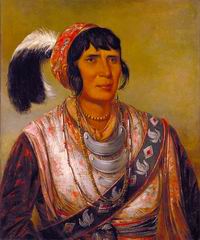
|
|
Seminole leader Osceola dies in prison after being captured by American military forces who, unable to defeat the Seminoles resisting theft of their land, offer peace talks, and then seize Osceola when he accepts the offer of a truce and comes to negotiate.
|
|
January 30, 1909
|
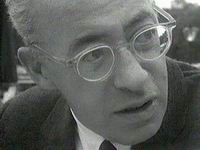
|
|
Birth of Saul Alinsky (1909-1972), American community organizer.
|
|
January 30, 1912
|
|
|
Outbreak of a general strike in Brisbane, Australia, fought over the right of workers to form a union.
|
|
January 30, 1933
|
|
|
Nazi leader Adolf Hitler is sworn in as German Chancellor. Hitler’s Nazi Party had won 33% of the vote in the recent Parliamentary elections.
|
|
January 30, 1937
|
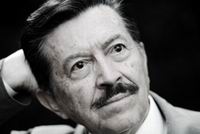
|
|
Birth of Martin Almada, Paraguayan human rights activist and political prisoner.
|
|
January 30, 1948
|
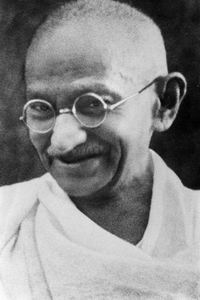
|
|
Mohandas Gandhi is assassinated.
|
|
January 30, 1968
|
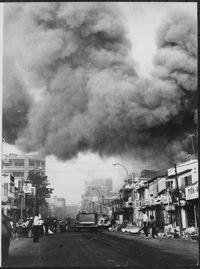
|
|
Beginning of the Tet Offensive in Vietnam. The National Liberation Front in South Vietnam and North Vietnamese troops launch a series of coordinated attacks on U.S. occupation forces and their South Vietnamese collaborators. They attack Saigon, 36 provincial capitals, and more than 100 cities and towns, as well as American military bases. They suffer heavy losses, but the attacks become a turning point in the war, as wide sections of the American public come to realize that the American invasion of Vietnam is not the success that U.S. government propaganda has said it is.
|
|
January 30, 1972
|
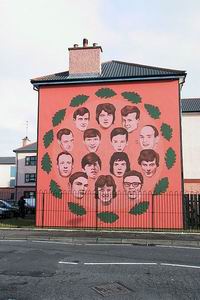
|
|
In Londonderry, Northern Ireland, unarmed civil rights demonstrators are shot dead by British Army paratroopers in an event that becomes known as “Bloody Sunday.” The protesters, all Catholics, are marching to protest the British policy of internment without trial of suspected Irish nationalists. British authorities issue an order banning the march, and send troops to confront the demonstrators when it goes ahead anyway. The soldiers fire indiscriminately into the crowd of protesters, killing 14 and wounding 17.
|
|
January 30, 2010
|
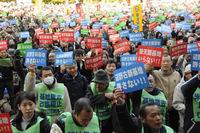
|
|
Thousands of protesters from across Japan march in central Tokyo to protest the U.S. military presence on Okinawa. Residents of Okinawa have been complaining for years about noise, pollution and crime around the American bases.
|

